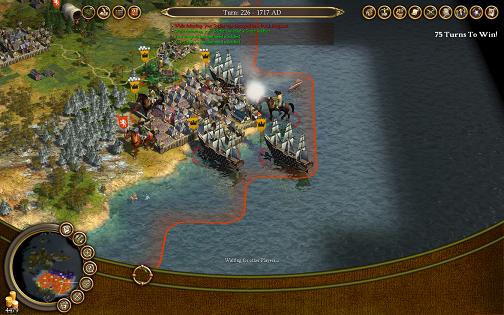Being somewhat of a fan of superhero comics, I’d noticed the Marvel Heroes box sitting on a shelf on the very first day I stepped into CarcaSean. It wasn’t until much later that I ventured to ask Sean about it. At that time, he told me that he had only played it once himself and didn’t quite understand what the point of the game was. He recommended that I get our resident Ameritrash expert Han to teach the game to me. Even that was quite a while back and only this week did I get a chance to play this out-of-print game with Han, Sean and my wife.
Initially I had the mistaken impression that it was some sort of miniatures-based battle game, perhaps something similar to the Heroclix system. That was incorrect of course as I soon realized after getting into the habit of looking games up on BGG. Instead, pre-painted miniatures notwithstanding, it’s actually a rather abstract strategy game in which the players race against one another to score victory points by resolving various crises. The miniatures aren’t used to track tactical positioning at all and I’d say that the miniature for each team’s mastermind villain doesn’t even have any gameplay purpose.
